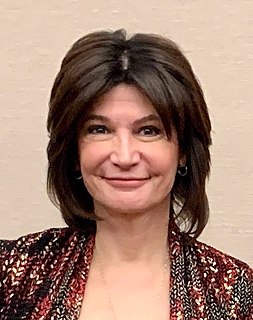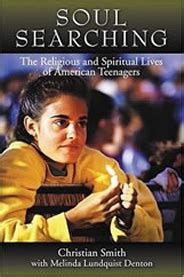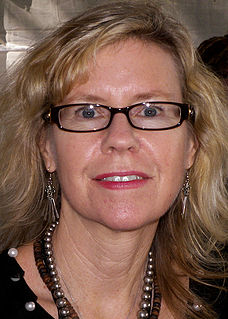A Quote by Alain de Botton
An understandable hunger for potential clients tempts many [career counseling therapists] to overpromise, like creative writing teachers who, out of greed or sentimentality, sometimes imply that all of their students could one day produce worthwhile literature, rather than frankly acknowledging the troubling truth, anathema to a democratic society, that the great writer, like the contented worker, remains an erratic and anomalous event, immune to the methods of factory farming.
Quote Topics
Acknowledging
Anathema
Career
Clients
Contented
Could
Counseling
Creative
Creative Writing
Day
Democratic
Democratic Society
Erratic
Event
Factory
Factory Farming
Farming
Frankly
Great
Greed
Hunger
Immune
Imply
Like
Literature
Many
Methods
One Day
Out
Potential
Produce
Rather
Remains
Sentimentality
Society
Sometimes
Students
Teachers
Than
Therapists
Truth
Understandable
Worker
Worthwhile
Writer
Writing
Related Quotes
We believe that this initiative is a critical first step in our nation s effort to provide every student with a comprehensive, content rich and complete education. These standards have the potential to support teachers in achieving NEA s purpose of preparing students to thrive in a democratic society and a diverse, changing world as knowledgeable, creative and engaged citizens and lifelong learners.
The clergy profession is fundamentally self-defeating. Its stated purpose is to nurture spiritual maturity in the church - a valuable goal. In actuality, however; it accomplishes the opposite by nurturing a permanent dependence of the laity on the clergy. Clergy become to their congregations like parents whose children never grow up, like therapists whose clients never become healed, like teachers whose students never graduate.
I recognize that memory is far from infallible though. If I feel like I can't accurately describe something, I just leave it out. I also do things like write "he talked about ..." instead of writing direct quotes. But generally I feel like since my stories are very obviously meant to be my perception of an event rather than the objective truth this gives me a lot of leeway.
Writing is an expression of the writer's own peculiar personality, could not help being so. Yet in reading great works one feels that the finished piece transcends the personal. All writers great and small must sometimes have felt that they have become part of what they wrote even more than it still remains a part of them.
Most British playwrights of my generation, as well as younger folks, apparently feel somewhat obliged to Russian literature - and not only those writing for theatres. Russian literature is part of the basic background knowledge for any writer. So there is nothing exceptional in the interest I had towards Russian literature and theatre. Frankly, I couldn't image what a culture would be like without sympathy towards Russian literature and Russia, whether we'd be talking about drama or Djagilev.
That's the one thing I say about the great British shows. You know, I see it on the series on HBO where the season is shortened to like 12 or 6 or whatever it is. You know there's a reason why there's a quality behind that. Because I think the writers as well as the crew and the cast do get burnt out after doing continuous episodes after and over and it feels like a factory rather than something of a creative process. And we get tapped out. That's just my opinion.
An environmentalist can oppose factory farming because it's reckless stewardship. A conservative can oppose factory farming because it is destructive to small farmers and to the decent ethic of husbandry those farmers live by. A religious person can oppose factory farming because it is degrading to both man and animal - an offense to God.
I definitely felt by the time I got to grad school - which was a great experience - I was like, 'What's the difference between the teachers and the students? Why are the teachers teachers if they want to be acting?' It didn't make sense to me anymore. It's not like you learn how to set a broken bone and you get the stamp of approval.
It would be good if teachers could genuinely understand that black English is not mistakes, it's just different English, and that what you want to do is add an additional dialect to black students' repertoire rather than teaching them out of what's thought of as a bad habit, like sloppy posture or chewing with your mouth open.
More than half of my former students teach - elementary and high school, community college and university. I taught them to be passionate about literature and writing, and to attempt to translate that passion to their own students. They are rookie teachers, most likely to be laid off and not rehired, even though they are passionate.






































